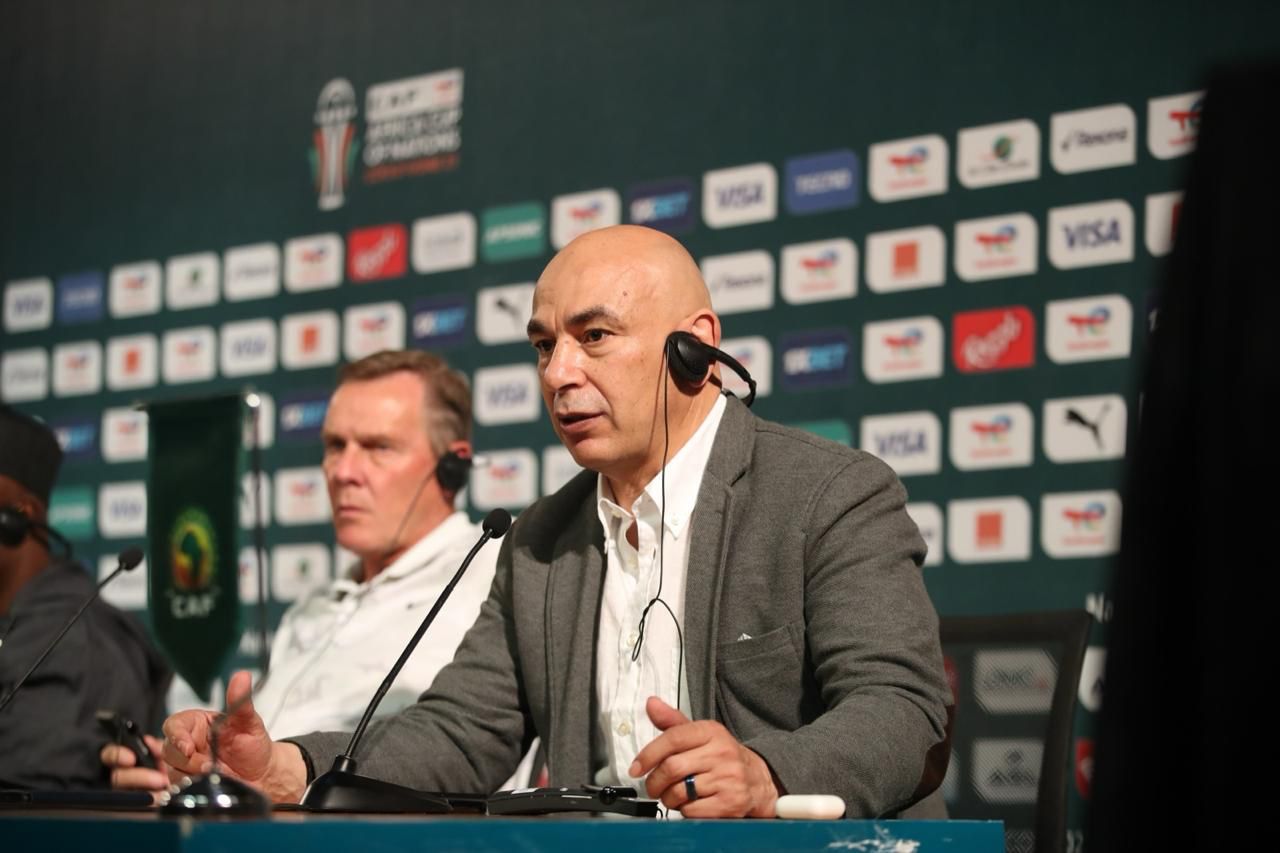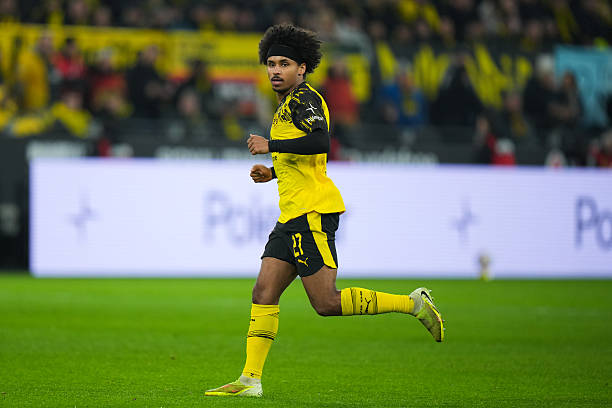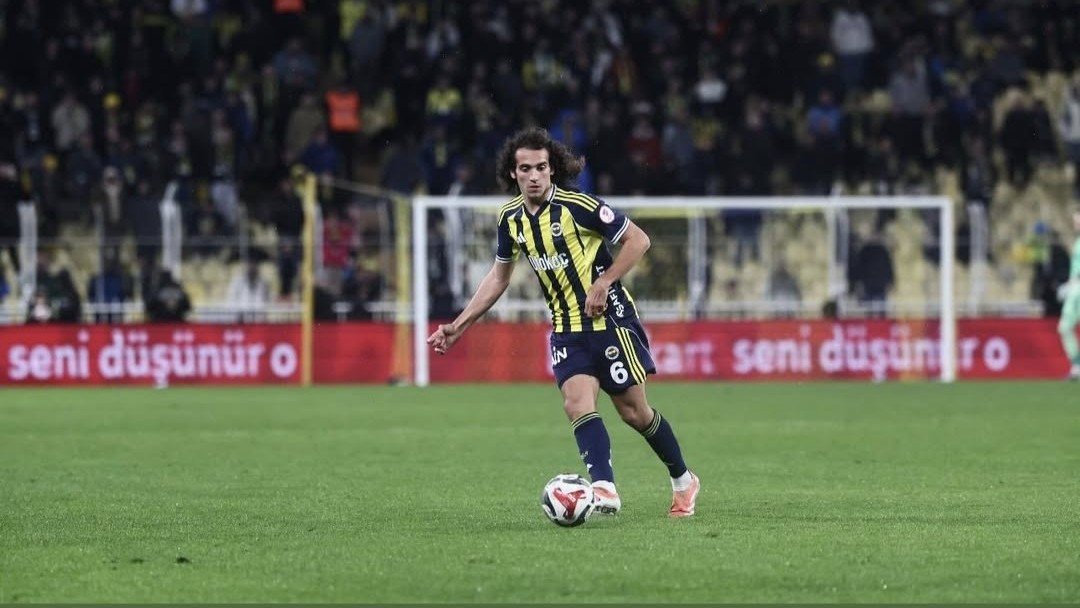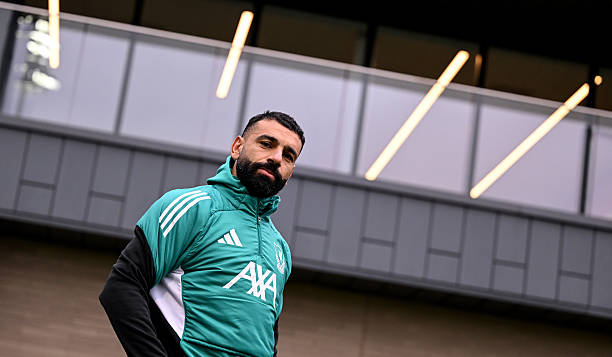Tensions have surfaced between Al-Ahly coach Marcel Koller and Egypt’s national team coach Hossam Hassan, after Al-Ahly refused to release players early for national team training ahead of Egypt’s upcoming fixtures against Cape Verde and Botswana.
Egyptian sports journalist Ahmed Shober provided insight into the conflict on Sunday, explaining the reasons behind Al-Ahly’s stance and the underlying issues between the club and the national team.
Speaking on a radio broadcast, Shober detailed how Al-Ahly is seeking a more regulated approach regarding their players’ participation in national team camps, adhering strictly to the dates set by the international calendar.
“Al-Ahly wishes to adjust the system so that their players are only released on the official international match dates,” Schubert said.
According to Schubert, tensions began during the first training camp of Egypt’s national team under coach Hossam Hassan.
At the time, Al-Ahly coach Koller had asked Hassan to reduce his reliance on Al-Ahly players to minimize the strain on them, a request to which Hassan initially agreed.
However, with a successful win over New Zealand in the following match, Hassan was compelled to use Al-Ahly players more extensively against Croatia.
This decision reportedly angered Koller, who felt his request had been disregarded, particularly given the high physical demands placed on his squad.
Following the incident, Koller reportedly requested that Al-Ahly management insist on sending players only at the precise times dictated by the international calendar.
This led Al-Ahly to withhold its players from joining the national camp on Sunday, with plans to release them to the team as scheduled on Monday.
This standoff has highlighted ongoing tensions between Al-Ahly and the Egyptian Football Association regarding player availability and workload management, as the club prioritizes protecting its athletes from fatigue and potential injuries.
Shober further commented that this issue could continue to challenge coordination between Al-Ahly and the national team if not resolved in a manner that respects both the club’s concerns and the national team’s needs.
The issue underscores a common dilemma for elite clubs and national teams worldwide, as they negotiate player release obligations amidst busy schedules and high-stakes competitions.
The Egyptian national team will now hope to proceed smoothly with their preparations, while Al-Ahly remains focused on managing player welfare within their rigorous domestic and international commitments.










